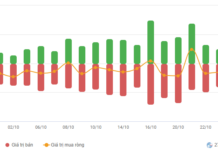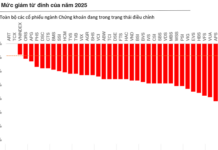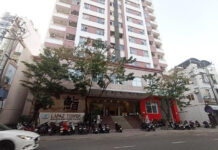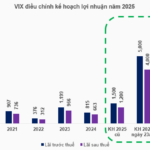According to statistics from the authorities, there are currently more than 2,700 residents from Thanh Hoa living and working illegally in 18 countries and territories, mainly in China, South Korea, Cambodia, Japan, Taiwan, Laos…
Including the past, there have been over 4,500 cases of residents living and working illegally abroad being arrested, repatriated, and sent back home; 36 cases were held by the local authorities and prosecuted for crimes such as illegal entry, possession and use of weapons…; over 100 cases involved individuals who were owners or managers of hidden online gambling businesses, engaging in fraud, control, and extortion.
PAYING A “HEAVY PRICE”
According to the Thanh Hoa Provincial Police, the consequences of working illegally abroad are unpredictable, and many cases have paid a “heavy price” when arriving in the so-called “promised land”. For example, S.H.V (16 years old) from Quang Van commune, Quang Xuong district, despite studying at Thanh Hoa Industrial Vocational College, listened to the persuasion of friends and dropped out of school to illegally migrate to Cambodia to work, unbeknownst to his family.
Upon arrival, instead of finding stable employment, S. was lured into an online gambling establishment and forced to work for fraudulent software.
When his parents discovered that he had dropped out of school, they searched everywhere to locate him in Cambodia. Worried about their child, S.’s parents borrowed money to bring him back to Vietnam. However, quitting the job and returning home was not as simple as expected. S. had to work for nearly a year without receiving any salary, and the family had to borrow and send over 120 million VND as a ransom to bring him back.
In contrast to S.H.V.’s case, N.V.B., from Quang Thach commune, Quang Xuong district, was less fortunate. He was apprehended by Chinese authorities in the middle of 2023 shortly after arriving in China for illegal entry.
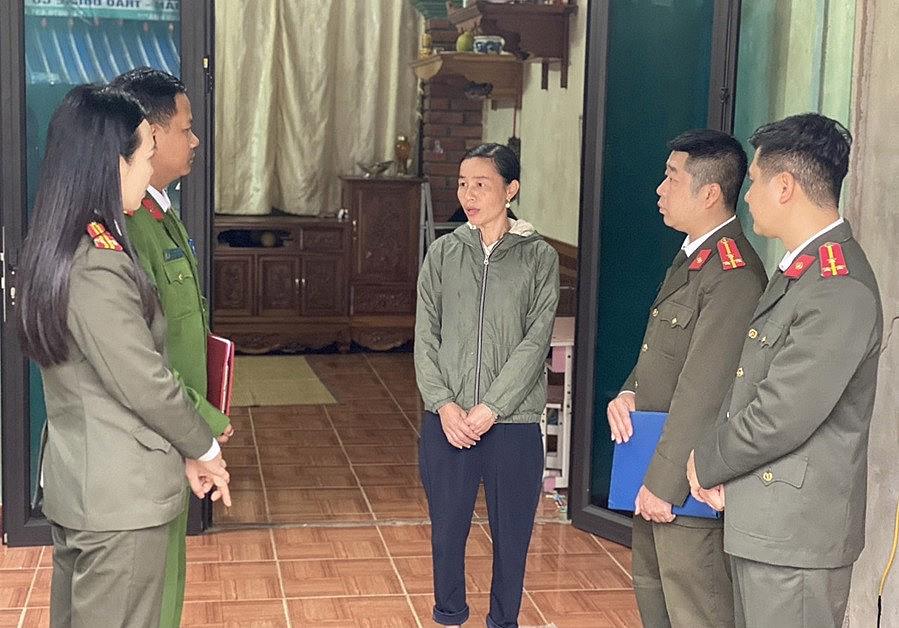
In addition to being detained, N.V.B’s family had to pay a fine of 35 million VND and he is currently under custody by the Chinese authorities, awaiting trial.
N.T.T. (N.V.B.’s wife) said that due to unstable work at home and insufficient finances to cover medical expenses and take care of their young child, her husband decided to illegally migrate to China for employment based on recommendations from acquaintances. Despite their family’s advice against it, he was determined to go due to the promise of a high salary. However, upon arrival, he was arrested and the family does not know when N.V.B. will be released to return home.
Mobilizing Citizens to Report Violations
Lieutenant Colonel Nguyen Thanh Binh, Head of the Foreign Security Department of the Thanh Hoa Provincial Police, stated that the Thanh Hoa Provincial Police have enhanced their propaganda efforts to raise legal awareness and vigilance among the public regarding the deceptive methods and tricks employed by fraudsters.
Additionally, they have mobilized citizens to report and expose illegal acts and violations, as well as provide suggestions to the Party Committee and authorities at all levels to strengthen preventative measures and combat this issue. They continue to improve the effectiveness of state management to prevent the exploitation of labor export and tourism for unlawful purposes, increase the workforce, resources, and implement operational measures to prevent and combat cases and organized networks involved in illegal emigration.
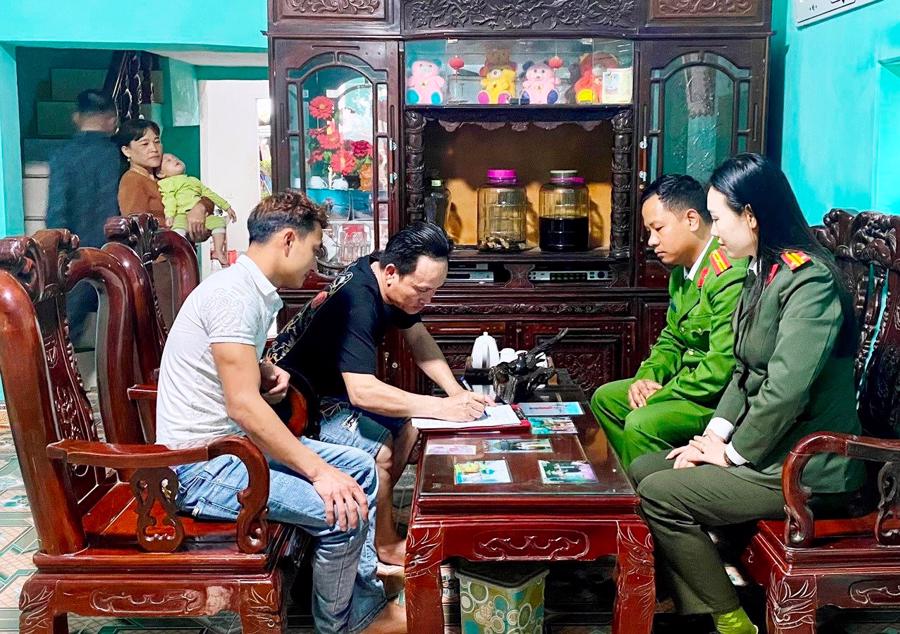
Since the beginning of 2023, the Thanh Hoa Provincial Police have prosecuted 19 cases involving 30 defendants for offenses related to brokering and organizing illegal emigration or facilitating illegal emigration, working, and staying abroad. The police authorities have also advised migrant workers that working illegally abroad exposes them to many risks, such as debt, unpaid wages, labor exploitation, hazardous working environments, and the need to avoid authorities in the host country. When a migrant worker decides to work illegally abroad, they have voluntarily forfeited their rights to protection from the Vietnamese state in terms of human rights, property, health, and even their lives.





